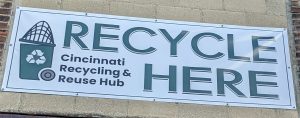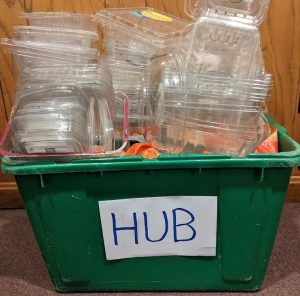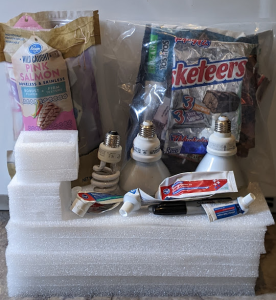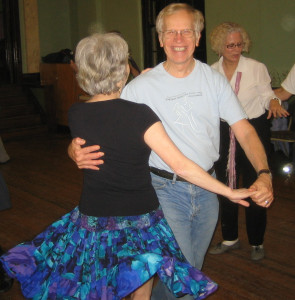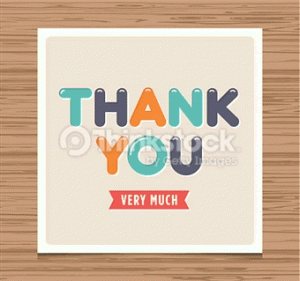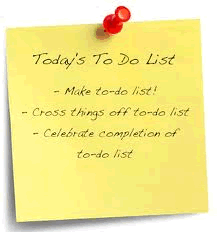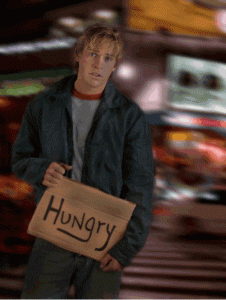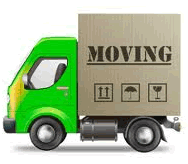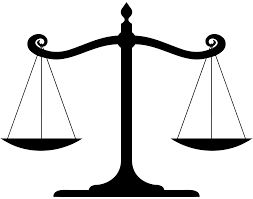As I approach Lent 2025, I read the March 3 Gospel (Mark 10:17-27) about the man who approached Jesus saying, “Good teacher, what must I do to inherit eternal life?”
Jesus’ answer is both comforting and disturbing. The comforting part is basically, “Keep the commandments (Love God & your neighbor, honor your parents, do not lie, steal, kill, commit adultery, etc.) BUT, the disturbing part is the man says he’s doing all this and Jesus says “You are lacking in one thing. Go, sell what you have, and give to the poor…then come, follow me.” Hmmm.

 Today, I ask myself, “Am I rich or am I poor? Does it matter?”
Today, I ask myself, “Am I rich or am I poor? Does it matter?”
I think of myself as in the middle:
– Not even close to as rich as Elon Musk, the richest person on earth.
– But also not destitute, living on the street, in poverty. I have enough food, clothing, shelter, and health that I am not suffering severely in a physical way.
But Jesus seems to be saying, keeping the commandments and being good, is not enough. Does that mean:
#1: I should move out of our house and devote my life to living directly with the poor. Of course that would violate our marriage vow. ![]()
Even if we decided to jointly live in poverty, is this what Jesus is asking? OR
#2: Is it enough to give money very generously to the needs of the poor to the point of giving up many daily comforts? (like fasting from some of life’s pleasures and treats during Lent, plus…) Sure, I try to live simply so that I have more money to give while still taking care of my basic needs; but is that enough?
I will be reflecting on this more deeply during this season of sacrifice, but my initial thinking is that both #1 and #2 are valid ways of responding while always listening intently to how God is calling me closer to those in greater need. It might be letting go of my “wealth”. It might be giving time and sacrificing comforts. It might be both at one time or another.
I am also well aware that I am blessed to have a beloved spouse who shares my faith and care for all creation including those who have less than us. Also, we are at an age that our own children are no longer living with us and not in need of daily food, clothing, shelter, and care.
So, my Lenten struggle/challenge is to discern how to generously join those in need, spending my time and resources vigorously for them by joining their life struggles both in physical presence and through volunteer efforts. Hmmm. Is that enough? Is that what Jesus is asking when he says, “Come, follow me.”

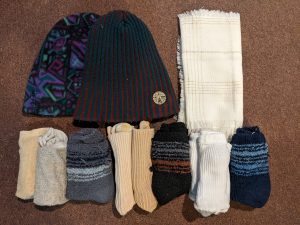
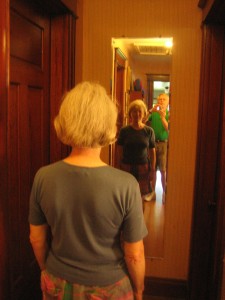




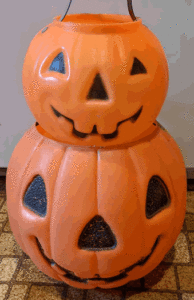


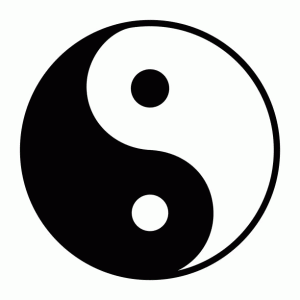
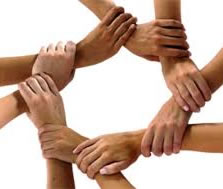

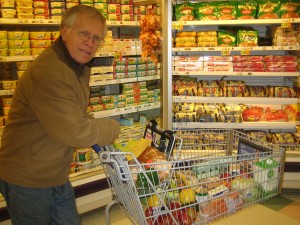
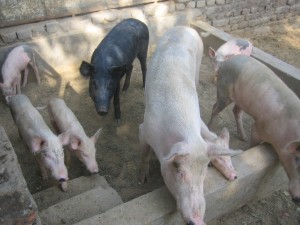

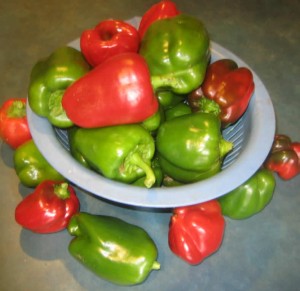
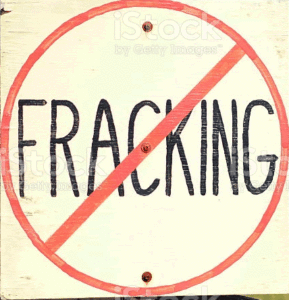

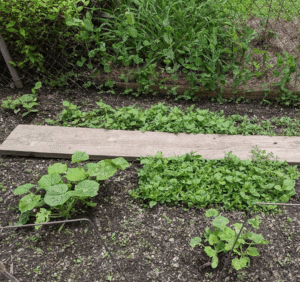
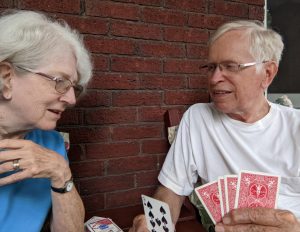
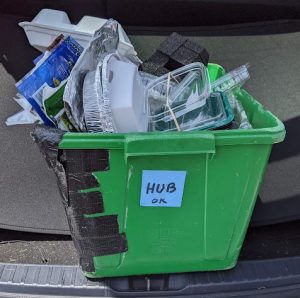

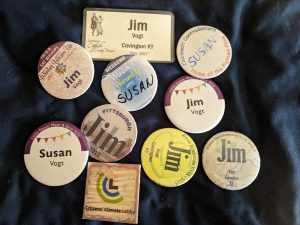
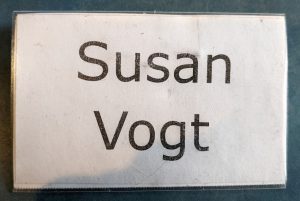
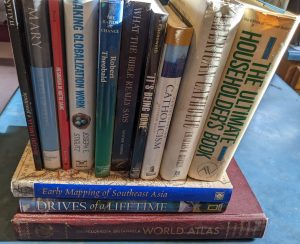

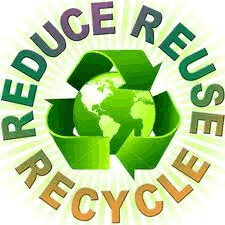



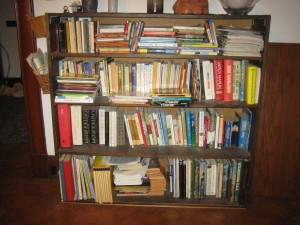
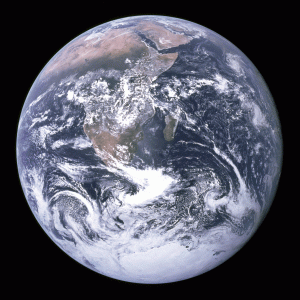
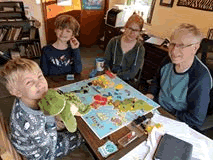
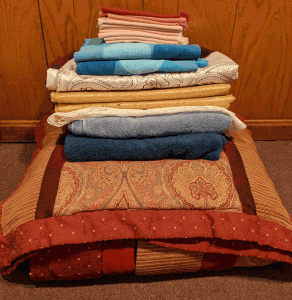
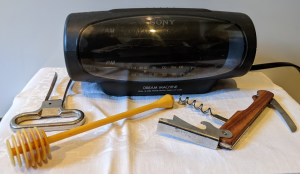
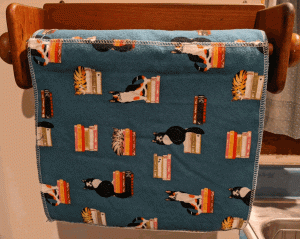
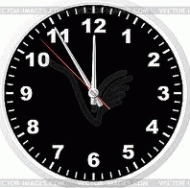 WAITING: As Christians approach the season of Advent – the season of waiting again for Christ to be born – I am reminded about how hard it often is to wait. For birthdays, for your beloved to return home, for a healing. Yet, I remember that waiting for something important to happen is part of the joy when the special day, special person, arrives. The old trope, “Absence makes the waiting for heart grow fonder” may seem unduly romantic but there is something about waiting for a good thing to happen that makes it more precious. We may not like the waiting, but if every day were your birthday, it wouldn’t be such a big deal. Sooo, waiting for Christmas multiplies the joy.
WAITING: As Christians approach the season of Advent – the season of waiting again for Christ to be born – I am reminded about how hard it often is to wait. For birthdays, for your beloved to return home, for a healing. Yet, I remember that waiting for something important to happen is part of the joy when the special day, special person, arrives. The old trope, “Absence makes the waiting for heart grow fonder” may seem unduly romantic but there is something about waiting for a good thing to happen that makes it more precious. We may not like the waiting, but if every day were your birthday, it wouldn’t be such a big deal. Sooo, waiting for Christmas multiplies the joy.

